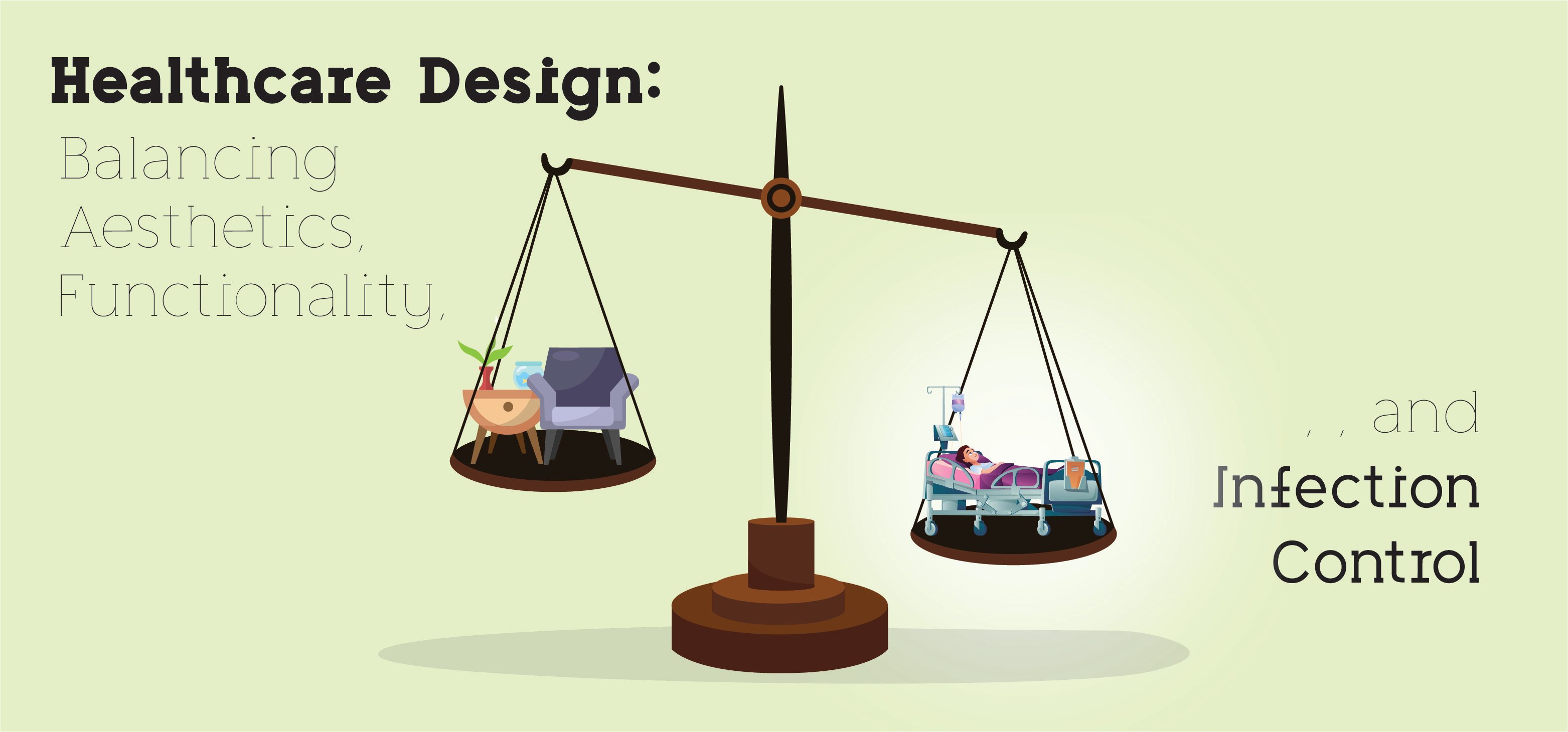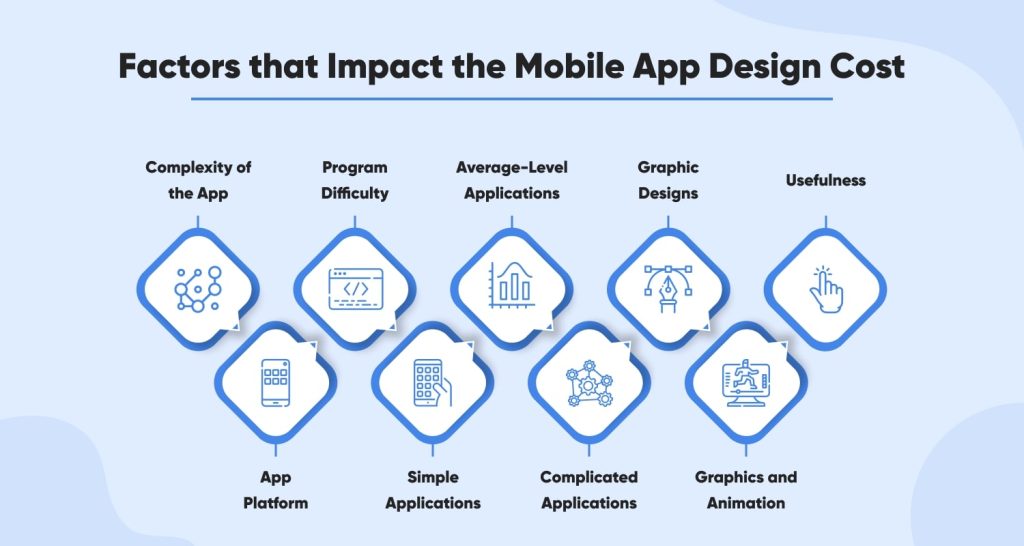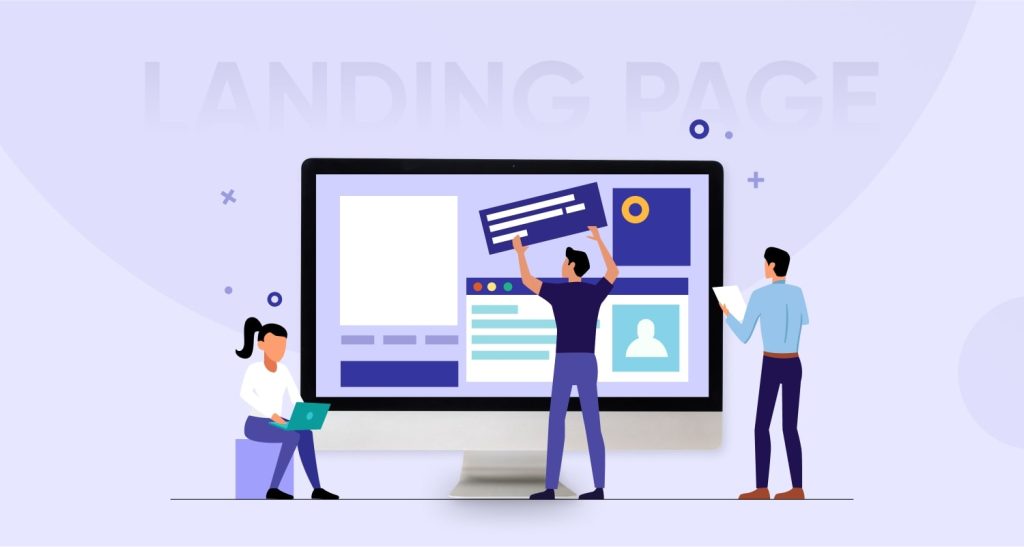The customer experience largely determines a businessís reputation. However, businesses can only [Ö] The post Top Guidelines and Best Practises for Chatbot UX Design appeared first on CMARIX Blog.
The customer experience largely determines a businessís reputation. However, businesses can only survive by offering a good customer experience. Hereís where chatbots come in handy for enhancing customer experience. As chatbots promise to elevate user and customer experiences, theyíre making a big impact in the technology industry.
A great Chatbot UX can boost business loyalty. However, human-computer interfaces are becoming increasingly realistic, so users can talk one-on-one, like talking to real people. Reports say chatbots will be worth $9.0 billion by 2024.
Chatbots are a hot topic among leading corporations, and the investment in modern-level Chatbot technology isnít the end of the process. Instead, every company adopting chatbots for their business should pay close attention to the chatbot UX and mobile app design services. Despite the importance of chatbot functionality, a good customer experience is still crucial to keep customers returning.
Here we discuss the best practices for chatbot UI UX design services to improve customer experience.
What Are Chatbot and Chatbot Design?
An effective chatbot is an automated technology that can converse with people conversationally on the application or website. It is more about assisting users with all the queries related to products or services.
An effective chatbot design gives users a unique conversational experience and provides them with benefits and value that traditional, non-conversational methods cannot obtain.
What Chatbots Can Do for Businesses and Users?
AI chatbots represent one of the most cutting-edge uses of AI, allowing businesses and users to accomplish their goals more effectively.
The following are some of how chatbots assist users and businesses:
Enhancing the Speed of Response
With Chatbot Development Services you can provide 24/7 customer service and hence you can ensure that users can achieve their goals more quickly.
Reducing the Burden
Using a chatbot rather than a Help Center full of countless articles is more efficient for guiding users through simple tasks.
Productivity is Increased
Chatbot provides users with enhanced productivity. It allows employees to focus on other, more necessary tasks, freeing them from mundane tasks.
Keeping Overheads at a Minimum
The business logistics are reduced because we do not need to hire as many operatives to handle customer service issues.
Bounce Rate Reduction
Developing a chatbot that engages new visitors with questions before they leave your website could help you to decrease the bounce rate if your business struggles with a high website bounce rate.
Asking users questions and getting direct answers will help you better understand their motivations, allowing you to understand better what brought them to your site in the first place and whether you can connect them with your product or service.
Creating a More Humanistic Brand
To many users, a business appears to be a faceless corporation. Due to this, customers might become disengaged from the company to the point of growing suspicious of it. A chatbot can overcome this problem by providing the enterprise with a distinctive voice and tone with which its users can feel like they are interacting with a human being.

Best Practices for Chatbot UX Design to Improve the User Experience
The metrics used to measure a chatbot ui design can vary depending on the nature of your business, the needs of your users, the scope of your business, and the aesthetics required for the chatbot.
As you design and deploy your chatbot, keeping the following chatbot best practices in mind is essential.
Understand the Goal
To ensure your chatbot UI is effective, you must plan on the basics before launching your chatbot.
Establish your companyís needs and requirements, identify your purpose and goals, determine what your audience wants, and decide what type of chatbot UI youíll use, what it likes, how complex it is, and where youíll use it.
Get To Know Your Use Cases
Choosing the best chatbot UI for your audience is one of the keys to engaging them in your campaign. For eCommerce, the banking sector, or healthcare, there will be specific use-case requirements to assist customers in finding the right product.
You can focus on lead generation, showing appropriate offers, or upselling your product when you design your chatbot to generate sales and revenue. You should focus on identifying the issue, communicating with the user, and creating a support ticket when live agents are unavailable when designing your chatbot for support.
Personalize the Bot
When defining personality, you must be sure that your bot is human-like. The personality will determine how the bot commands and the tone it uses.
It depends on the brandís image, the botís personality, and how you intend to interact with customers for the welcome message to be witty, serious, or full of instructions.
The botís tone and personality will also differ depending on the use case. A bot can be slightly witty when it is helping or extending support. Assuming they will win the visitorís interest and convert them into a lead, it might be prudent to take a slightly professional tone in their message.
Your chatbot can also be customized by utilizing its interface to reflect your organizationís personality.
Utilize UI Elements
Although there is only a chat window and messages are available, there is a wide range of possibilities for promoting customer engagement with the chat. Several rules, guidelines, use cases, and doníts should be followed when developing UI UX design services to deliver the best user experience.
Images are more intuitive for humans than words. For a better user experience in your chatbot, you can use various themes, images, icons, buttons, and carousels.
Offering a Wide Range of Functionalities
Chatbots that meet and exceed the customerís expectations will provide the best user experience. Focus on more than just the user interface but also on the features and functionalities that will improve the customer experience.
More Than Just Texting
A robot-like message can make the user-chatbot conversation boring and repetitive. Furthermore, typing everything simultaneously might seem more like coding than conversing.
To maximize the typing experience, you may add buttons for a few commonly asked questions. A few clicks will be sufficient to solve the query, thus reducing the need to type the question.
Make It Easy to Read
A bot can provide consumers with much informative and entertaining information when well-designed.
Remember to break it into manageable portions while promoting essential and enjoyable content. Instead of sending one long message, a series of shorter ones is sent.
Having large blocks of text to read can be frustrating, discouraging, or overwhelming for some individuals. Using your bot to shorten messages will improve the user experience and simulate how a human would communicate.
Create a Better Tone for Your Chatbot
When a user visits your website, your chatbot is usually the first thing they see. Your brand needs to have a well-designed and attractive chat window. Many brands have even created mascots out of chatbots.
Adding an avatar and personality to a chatbot will make it feel more engaging than just a message-generating system.
Put Your Chatbot to the Test
Testing your chatbot before deploying it is important, but monitoring outcomes after it is live is equally important. Itís astounding how many businesses need to pay more attention to this basic conversational best practice once their bot is created and never think about it again.
User Feedback
Giving users the option to rate replies Ė for instance, with thumbs up and down buttons Ė is an effective way to collect feedback. Additionally, you can allow them to submit textual input to explain why their interaction with your bot wasnít successful. Itís good to get ratings and feedback. In addition to identifying knowledge gaps, they enable you to find new ways of utilizing your bot and ask questions you had not considered before.
Must-know Tips to Design a Chatbot UX
Well, you have the best practices to follow to design the well thought chatbot UX design that works to enhance user experience. Still, there are a few things to be taken care of.
Here are the top tips to consider for exceptional Chatbot UX design:
Simplicity is Key
Keeping things simple is the first rule of chatbot design and adding complexity. Create your chatbot simply at first, then increase its complexity later. Streamlining the design process will ease your usersí transition and simplify the design process.
Make a Good First Impression.
Whether it is business or life in general, first impressions matter. Make your chatbot seem helpful rather than intrusive on your first interaction with users by not acting too pushy or intrusive.
Emphasize Human Interaction
With a chatbot, customers spend less time on and less on hold. Nevertheless, it does not mean that you can leave it alone. Despite this, it is still imperative for you to know when a potential customer or lead wants to speak with you.
During this stage, you must set up communication channels such as Slack with chatbots integrated with your chatbot platform. This way, you will be notified when a chatbot user seeks direct interaction. Donít wait hours for your users to talk to a live agent.
A/B test
Chatbot A/B tests are an excellent way to improve your user experience over time. Consider serving one experience to some of your users and another to the rest and reviewing which approach impacts the rest most.
Identify the Problems When They Occur.
Itís only for some to use chatbots. Chatbots are only suitable for some businesses, and you may have to accept that your product does not add value to your customers. A chatbot that is not compatible with your business strategy may require you to rethink your strategy.
You may like this: 10 Most Important Benefits of Chatbot for Your Business
Conclusion
Designing a chatbot UX for your business is integral to the development process. You must plan the user interface and user experience of the bot, as it will enable you to reduce risks and friction and increase customer satisfaction.
This checklist covers the best practices to ensure that your bot meets your marketing goals and aligns with your companyís goals.
Frequently Asked Questions
The algorithms and techniques that are being used to develop a chatbot can be divided into two approaches: rule-based approach and machine learning approach. A rule-based chatbot uses pattern-matching algorithms to process information and provide responses in response to predefined rules.
Using a chatbot, routine tasks can be performed efficiently. They are popular with people because they allow them to complete tasks with minimal time, leaving them more time to focus on higher-level, strategic, and engaging activities that machines canít duplicate.
The following tips will help you design your chatbot:
Establish your chatbotís purpose and type Choose a channel Select a stack of technologies Construct a conversation Get the bot up to speed Create a chatbot and test it Maintain and deploy the bot.The post Top Guidelines and Best Practises for Chatbot UX Design appeared first on CMARIX Blog.













